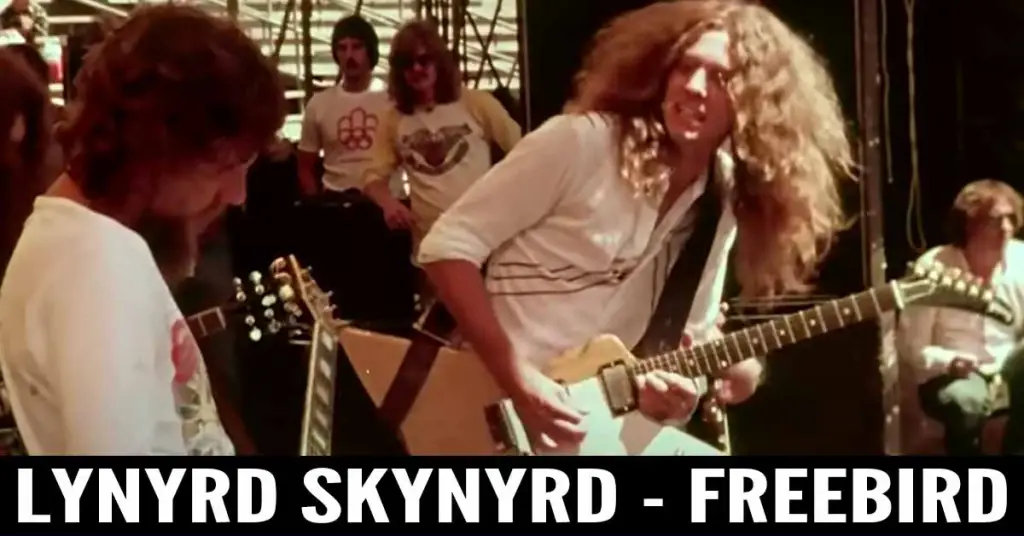Lynyrd Skynyrd and the Enduring Flight of “Free Bird”
Few songs in rock history have achieved the mythic status of Lynyrd Skynyrd’s “Free Bird.” Released in 1973 on their debut album (Pronounced ’Lĕh-’nérd ’Skin-’nérd), the song has become both a Southern rock anthem and a cultural touchstone. With its heartfelt lyrics, soaring guitar solos, and unshakable presence in live performances, “Free Bird” embodies the spirit of freedom and resilience that defined Skynyrd’s legacy.
Origins of a Classic
Written by vocalist Ronnie Van Zant and guitarist Allen Collins, “Free Bird” began as a simple ballad. Collins had been working on the chord progression for some time, but it wasn’t until Van Zant added lyrics that the song took flight. Inspired by themes of leaving, independence, and the difficulty of staying tied down, the lyrics carry both tenderness and inevitability: the bittersweet acknowledgment that love sometimes cannot anchor a restless soul.
Structure and Power
The song begins with a slow, mournful tone, Van Zant’s voice full of vulnerability as he delivers the now-iconic opening lines: “If I leave here tomorrow, would you still remember me?” The early verses are supported by piano, organ, and gentle guitar, creating a hymn-like atmosphere.
But what makes “Free Bird” truly legendary is its transformation. Midway through, the song shifts into one of the most electrifying instrumental codas in rock history — a fiery guitar workout led by Allen Collins and Gary Rossington. Clocking in at over nine minutes on the studio version (and often much longer live), the extended solo became a proving ground for the band’s virtuosity and an exclamation point to their concerts.
Reception and Legacy
Upon release, “Free Bird” wasn’t an immediate smash hit, but it grew steadily in popularity. By 1975, a live version became a Top 40 hit in the U.S., and from there its legend only expanded. Today, it’s universally recognized as Skynyrd’s signature song and one of the greatest rock epics ever recorded.
Beyond the charts, “Free Bird” became a cultural phenomenon. The phrase “Play ‘Free Bird!’” shouted at concerts — sometimes sincerely, often humorously — has become a running joke in rock culture, a testament to the song’s dominance in the popular imagination.
Tragedy and Tribute
The tragic 1977 plane crash that killed Ronnie Van Zant, Steve Gaines, and Cassie Gaines gave “Free Bird” an even deeper resonance. In the years since, the song has often been played as a tribute to Van Zant and departed band members. Its themes of freedom, departure, and remembrance took on an almost prophetic weight, turning it into a hymn of loss as much as a celebration of life.
Why It Still Soars
More than fifty years after its release, “Free Bird” remains one of rock’s most iconic tracks. Its blend of heartfelt emotion and jaw-dropping musicianship ensures its place on every list of greatest guitar songs, while its message of independence continues to resonate with new generations.
To this day, when those opening notes strike, crowds know they’re about to experience something transcendent. “Free Bird” isn’t just a song — it’s an experience, a symbol of freedom, and a monument to Lynyrd Skynyrd’s enduring legacy.



Facebook Comments